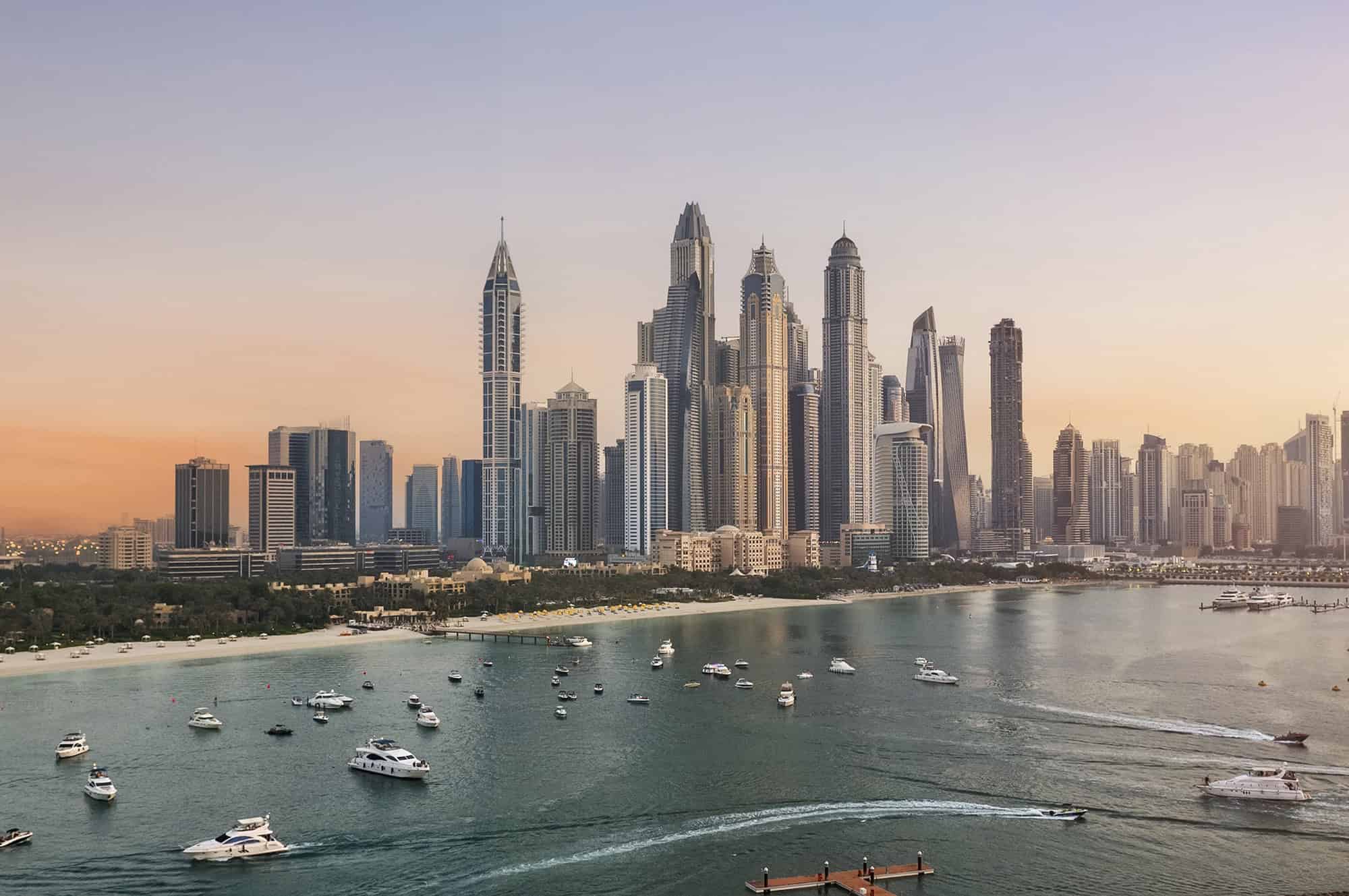Economic Resilience: MENA Region Defies Challenges, Charts Steady Growth Path

Resilience and Growth: MENA Region Defies Geopolitical Challenges
Despite ongoing regional turbulence and complex geopolitical landscapes, the Middle East and North Africa (MENA) region continues to demonstrate remarkable economic resilience and sustained growth. Financial experts and economic analysts are increasingly recognizing the region's ability to navigate challenging circumstances with strategic adaptability.
The MENA region has shown impressive economic performance, driven by diversification efforts, strategic investments, and robust financial policies. Countries like the United Arab Emirates, Saudi Arabia, and Qatar have been at the forefront of transformative economic strategies, reducing dependency on traditional oil revenues and fostering innovation-driven growth.
Key factors contributing to the region's economic stability include:
- Significant infrastructure development projects
- Aggressive digital transformation initiatives
- Attracting foreign direct investments
- Implementing progressive economic reforms
While geopolitical tensions and regional conflicts pose potential challenges, the MENA economies have demonstrated remarkable adaptability. Financial institutions and government leaders are proactively developing strategies to mitigate risks and capitalize on emerging opportunities.
The ongoing commitment to economic diversification, technological innovation, and strategic investments positions the MENA region as a dynamic and promising economic landscape with significant potential for future growth.
